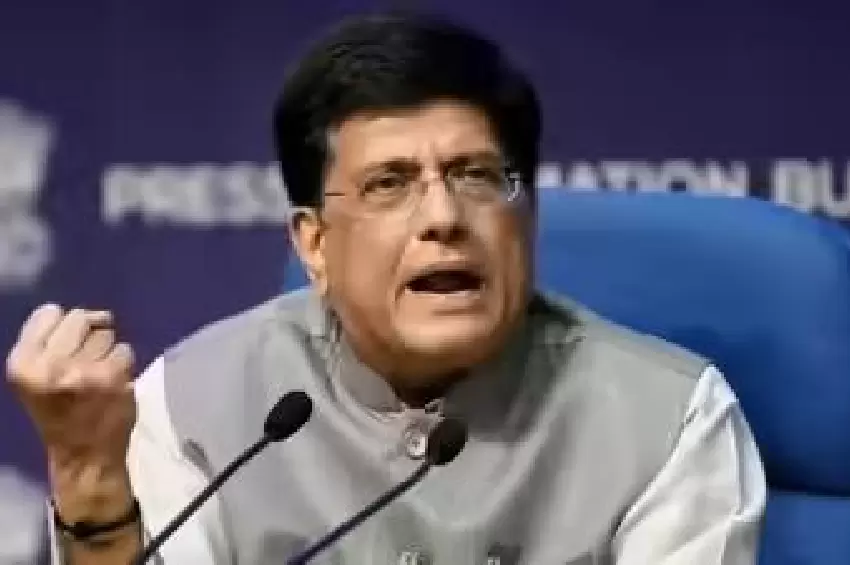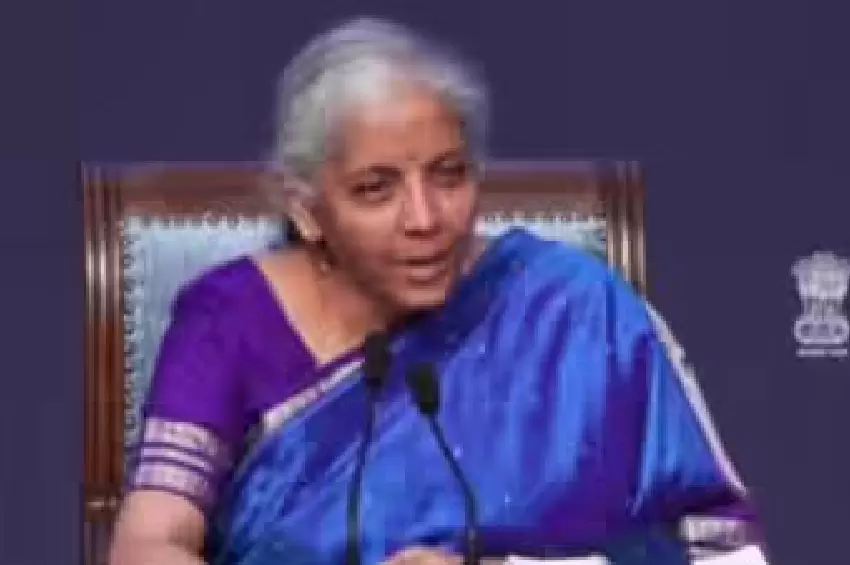Historic Trade Agreement Between India and UK
In a landmark move, India and the UK have signed a comprehensive economic and trade agreement (CETA) on July 24, marking a new era in bilateral relations. This agreement ensures that only about a quarter of the UK's exports by value will receive immediate duty-free access to the Indian market, with sensitive sectors remaining protected.

Key Protections for Sensitive Sectors
India has successfully safeguarded several sensitive sectors under the trade deal, including dairy, cereals, millets, pulses, and high-value products such as gold and jewellery. Additionally, critical energy fuels and marine vessels are among the key exclusions.
Phased Tariff Concessions
For strategically important goods, especially those bolstered by the 'Make in India' initiative, tariff concessions will be introduced gradually over five, seven, or ten years. This phased approach aims to strengthen domestic manufacturing while opening up to international trade.
A Balance of Strengths and Sensitivities
Commerce Secretary Sunil Barthwal emphasized the agreement's balance between "sensitivities and strengths," highlighting India's evolution into a more mature economy. The deal also addresses non-tariff barriers and aims to facilitate the movement of professionals between the two countries.









Comments